
Loading...
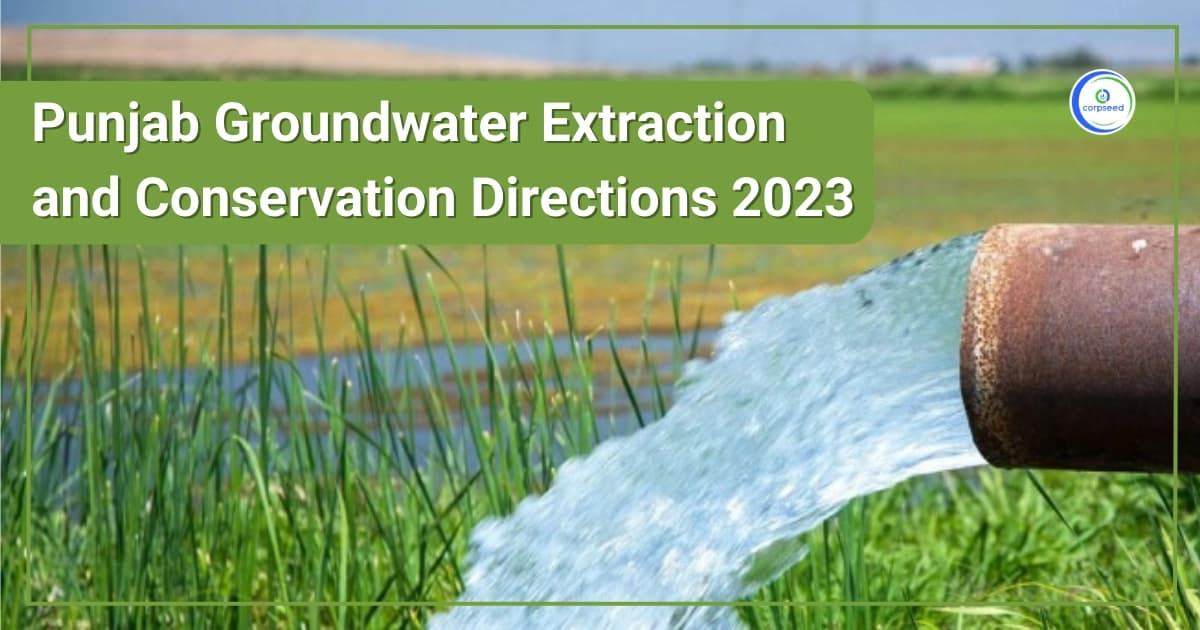
The Punjab Water Regulation and Development Authority refers to the regulatory Authority with associated tasks relegated to water usage.
About the Author

Hansika Bhardwaj is a versatile writer, editor and poet. She is a graduate of the University of Delhi with a specialisation in English Literature. As a cherry on the cake, she has worked with various companies dealing with various types of content, from technical to creative. She can view a rather mundane topic from a creative lens by turning jargon into readable material. Currently, she is working at Corpseed as a content writer and is all set to embark on this learning journey.
Related articles
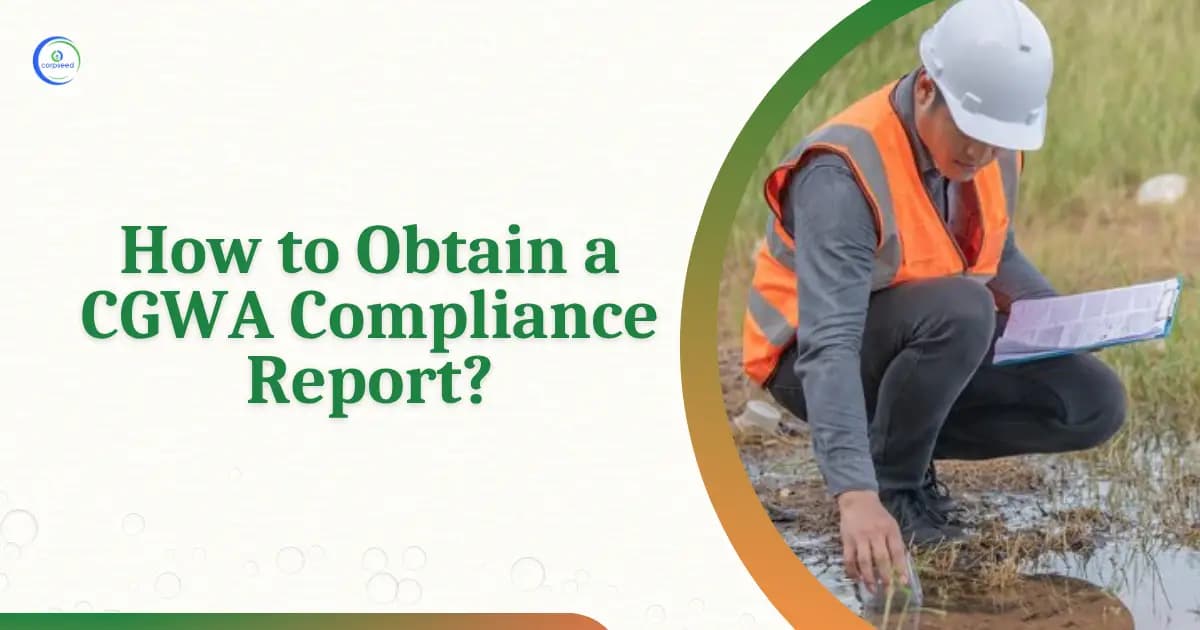
How to Obtain a CGWA Compliance Report
2025-10-15
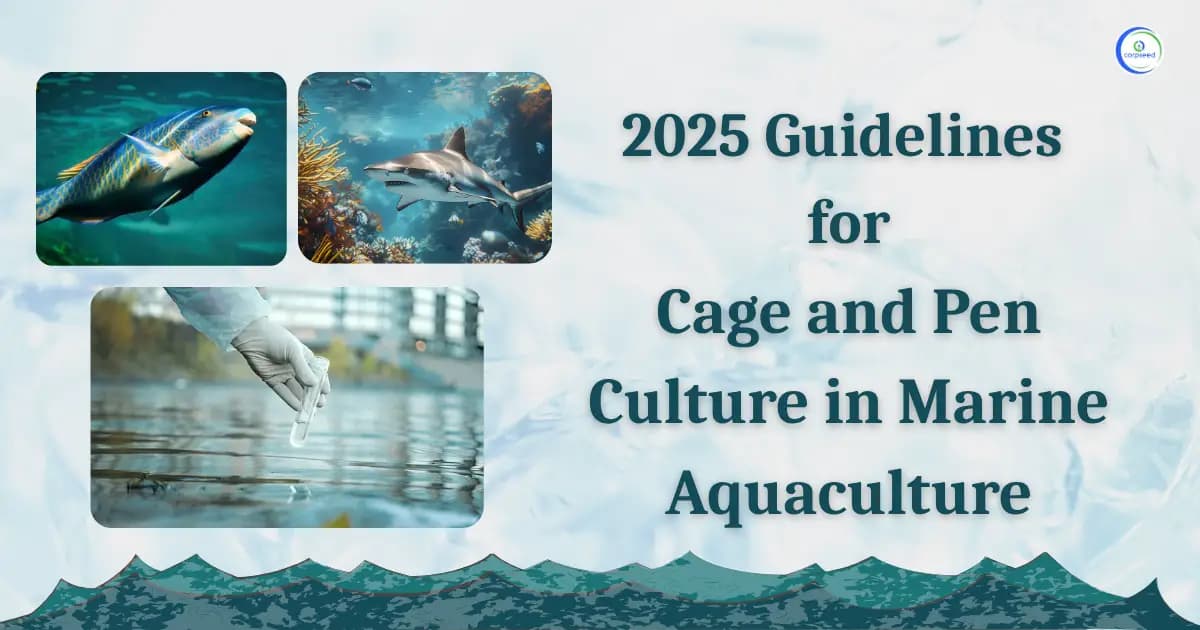
2025 Guidelines for Cage and Pen Culture in Marine Aquaculture
2025-07-29

Deepor Beel Wildlife Sanctuary: A Strategic Conservation Initiative
2025-07-05

Lippa-Asrang Wildlife Sanctuary: A Crucial Haven for Himalayan Wildlife and Conservation Efforts
2025-06-18
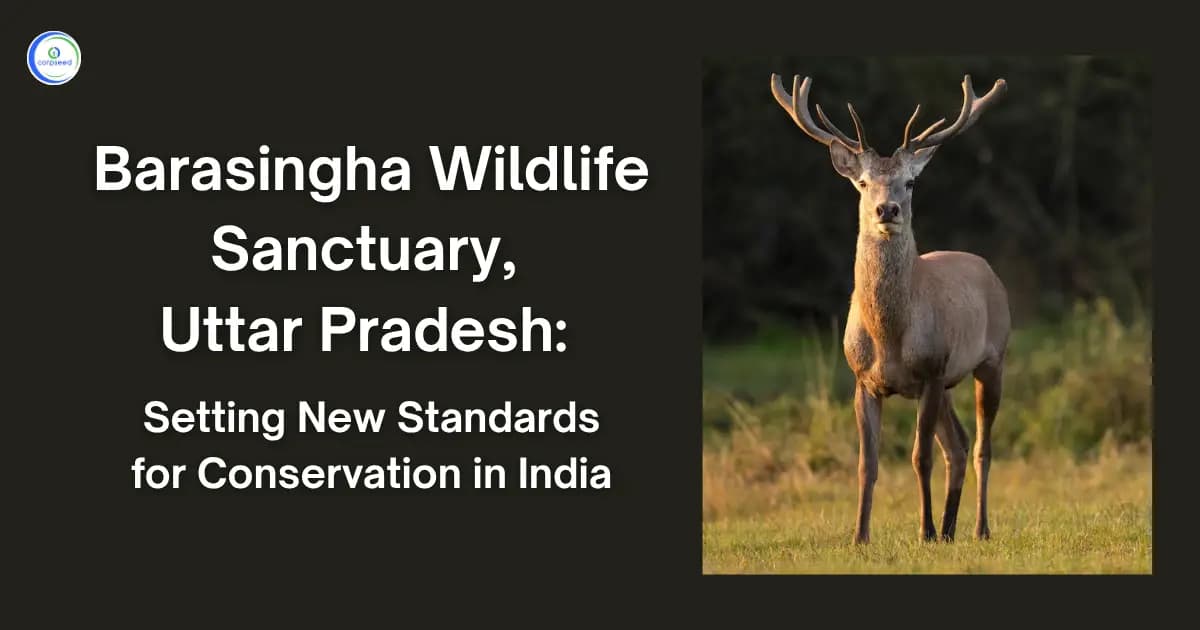
Barasingha Wildlife Sanctuary, Uttar Pradesh: Setting New Standards for Conservation in India
2025-06-18
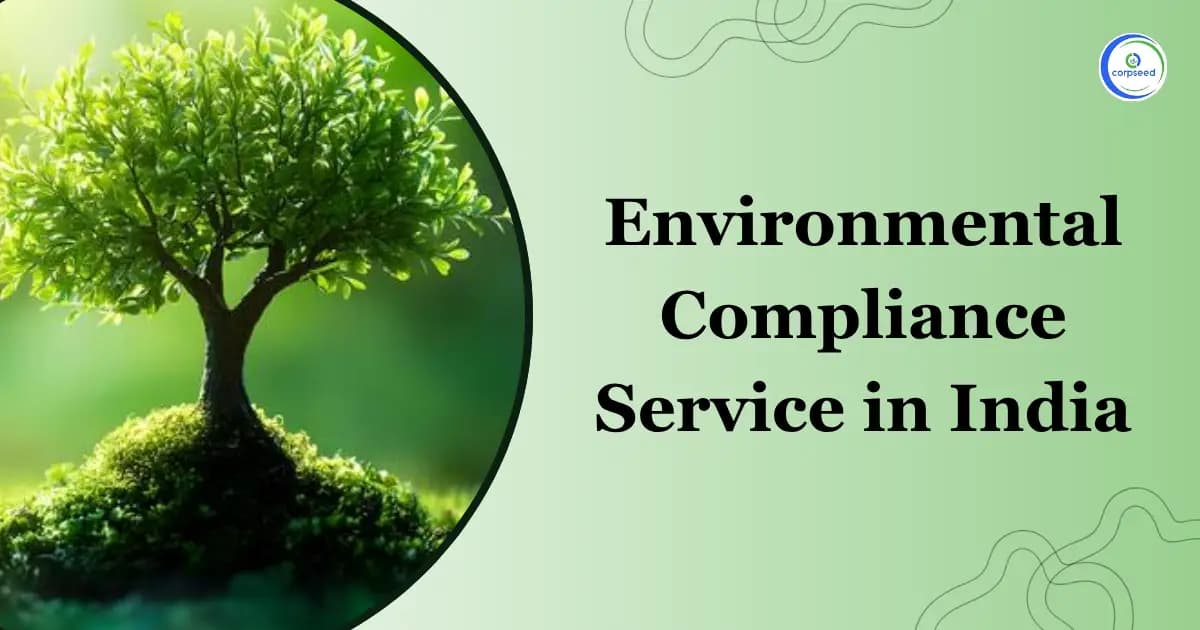
Environmental Compliance Services in India
2025-06-03